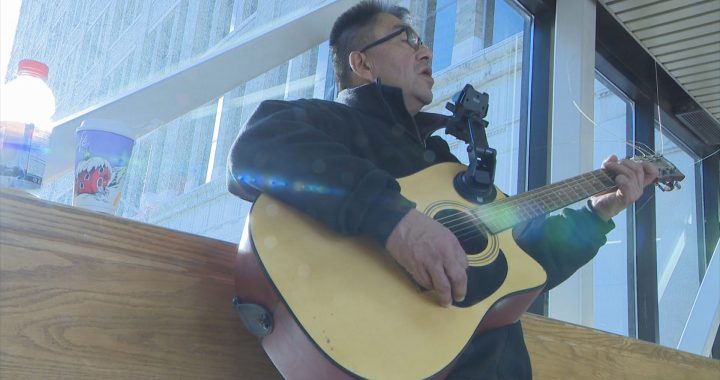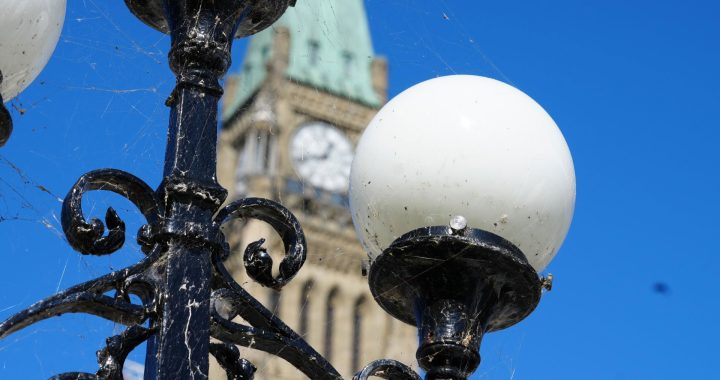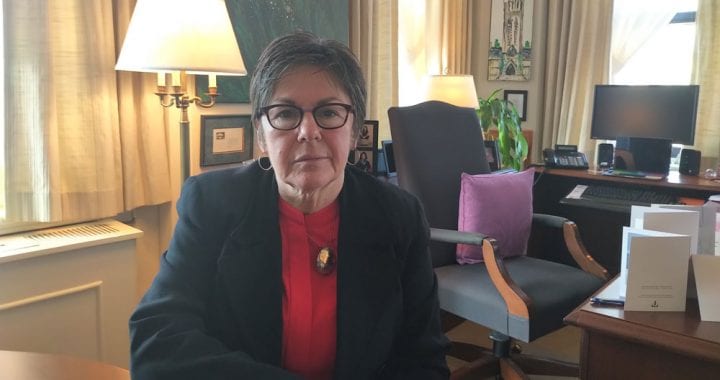Kim Baird will make history on Oct. 5 this fall when she becomes chancellor of Kwantlen Polytechnic University (KPU).
It’s the first time a university in British Columbia is bestowing the ceremonial honor to an Indigenous person.
“I hope to do the role justice, and I hope I can be a good role model for youth and others who don’t have things figured out necessarily,” she said.
“It is a huge honor, and it does feel good to be both the first woman and Indigenous person in that role.”
Her role is mainly ceremonial which includes speaking at convocations, but “we are already updating those ceremonies to be more inclusive of Coast Salish culture, which is exciting,” she said.
Baird said she’ll also be discussion reconciliation with the university.
A KPU alumni, Baird is best known for being the former chief of Tsawwassen First Nation from 1999 to 2012.
At age 28, she was the youngest woman in history of Tsawwassen, located outside Vancouver, to be elected chief.
During her tenure, she oversaw the first modern treaty in B.C., leading Tsawwassen to greater self-government and enabling substantial economic development on its territory.
Now a strategic consultant for First Nations policy, governance and economic development, she credits her success to KPU, which she graduated from in 1992.
“I got an Associate of Arts there. It actually awoke my political consciousness and led me on the path I’m on now to advancing a lot of things for my community,” she said.
But Baird’s path to success wasn’t easy.
She attended eight schools before graduating high school and witnessed family violence and alcoholism as a child.
“I really didn’t see a future for myself,” she said. “When I graduated high school, it was kind of surprising that I did, because I was completely disillusioned.
“But I had a lot of community support, and almost a pressure, I think, to do something.”
In her new role as chancellor, she hopes to use her achievements and personal experiences to encourage Indigenous youth to pursue higher education.
She also hopes her new role can be used to bring attention to Indigenous issues.
“I hope to use the role to advance Indigenous reconciliation for KPU, but to also convene discussions with secondary institutions more broadly. If I can use my capacity to convene important discussions to go the way forward in Canada, I think it’d be a good use of the role,” she said.
As a mother to three young daughters, she aspires for them to someday become strong leaders of their own.
“I think these are all important small steps in this country, and I’m excited for my daughter’s future, too.”










